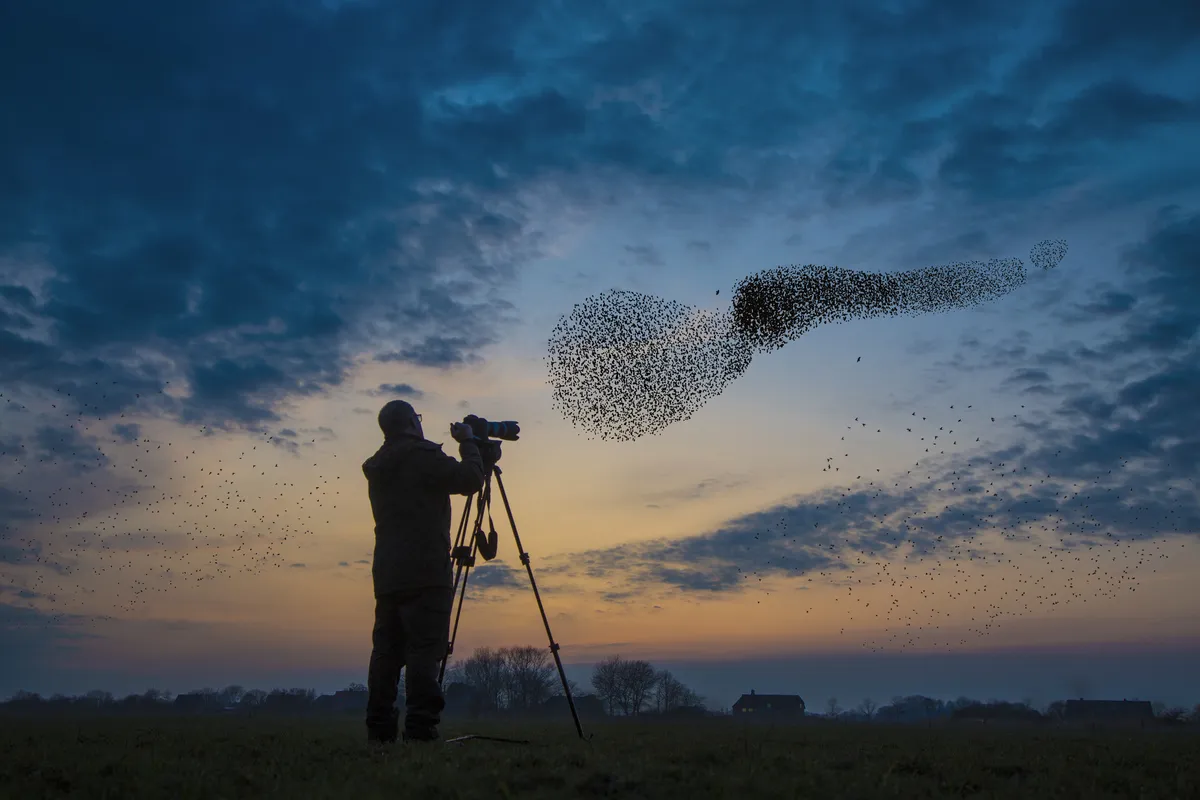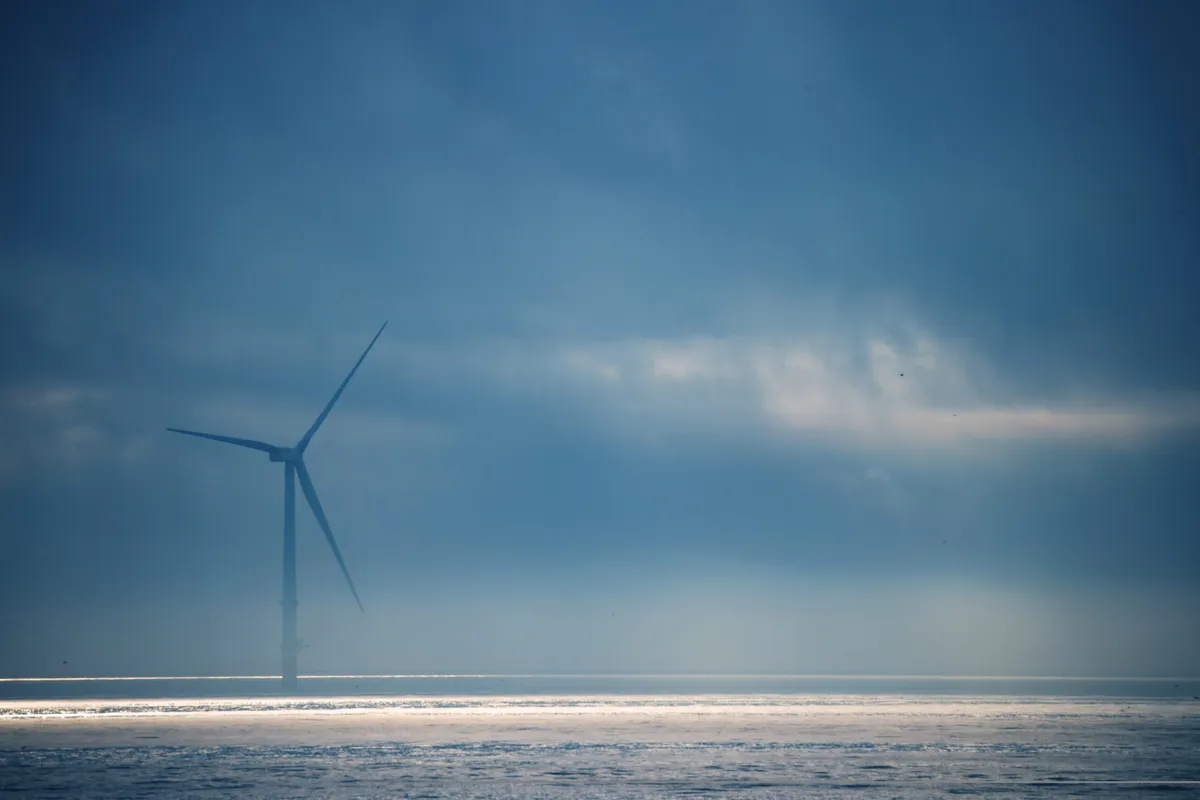From extreme weather to altered migration patterns for native birds, climate change is impacting nature around the UK in a myriad of ways. And with fossil fuel emissions billed as the main cause of the climate crisis, the solution for protecting the environment is clear: we need to reduce our reliance on fossil fuels as a primary energy source.
Until humans cut carbon emissions, the adverse effects on nature may continue and worsen.

How is climate change affecting nature across the UK?
An obvious impact of climate change is warming temperatures. On average, temperatures have increased over the last century — resulting in hotter summers and warmer winters. While most of us love a hot, sunny day, these changes in temperatures can tweak the timing of seasonal events and wreak havoc on ecosystems.
Many animals set their inner body clock according to the seasons. So, if it becomes warmer than usual earlier in the year, wildlife wrongly assumes spring has arrived and begins acting accordingly. Flowers may bloom earlier than expected and have a detrimental knock-on effect for pollinators, like insects and birds, who rely on nectar, fruit and seeds.
Increased temperatures are also leading to a change in bird migration patterns, with many birds needing to move further north to escape hot weather. There have even been a few unexpected visitors, like the colourful bee-eater from Africa, appearing on British shores — which may delight birdwatchers but signifies unprecedented changes to animal behaviour.
These effects of climate change are happening too quickly for nature to react and adapt. Humans need to do all we can to lessen the impact. One way to start is with a switch to renewable energy.

Paving the way to a greener energy future
Even when under attack, nature is waiting in the wings with a solution. Renewable energy sources like wind and solar can help us power the nation in a greener way. To harness these natural resources requires an electricity grid capable of transporting renewable energy across the nation.
“The existing electricity transmission network was established over 70 years ago, at a time when most of our electricity came from coal-power stations, built in Britain’s coalfields. Many of them were in the middle of the country,” says environmentalist Chris Baines, who is chair of National Grid’s Independent Stakeholder Advisory Group.
“As we rely increasingly on renewable energy, the pattern of the electricity grid needs to change. This means building new infrastructure to take the energy from where it’s generated — much of it offshore —and carry it to wherever it’s needed. That’s a huge challenge.”
National Grid is working to provide everyone with cleaner, more affordable power. At the heart of this plan is The Great Grid Upgrade — the largest overhaul of the electricity grid in generations. The upgrade will involve building new electricity infrastructure (and updating old networks) to scale up the grid and make it fit for a clean energy future.
How will National Grid harness the power of nature? Find out here.

Protecting the environment
The Great Grid Upgrade is no small undertaking — needing five times more transmission infrastructure than has been built in the last 30 years. With that in mind, National Grid will work closely with Natural England to reduce the impact of its activities and protect natural habitats as a priority.
This includes maintaining its non-operational land (around 1,800 hectares, including ancient woodland and peatland) and aiming to increase the land’s environmental value by 10 percent by 2026. Boosting value may include replanting of wildflower meadows and native trees or installing beehives and other wildlife homes, depending on the habitat.
“Over the past few years I have seen first-hand how National Grid and its contractors have been able to retain and restore habitat in some of the UK’s most sensitive and protected landscapes. Through the scale of their work they have even been able to begin restoring lost landscape integrity,” says Chris Baines.
In fact, according to Baines, who is also a national vice president of the Royal Society of Wildlife Trusts, “The Great Grid Upgrade offers a unique opportunity for nature recovery and landscape restoration on a nationwide scale, and it comes at a time when we know that wildlife numbers across the UK have been seriously depleted.”

A better tomorrow
The benefits of The Great Grid Upgrade are significant. A huge economic boost for the country is expected in the long term, with the creation of hundreds of thousands of new green jobs, as well as increased energy security and more affordable prices for all.
Unsurprisingly, it’ll be good for the planet too. Upgrading the grid today will make for a better tomorrow, helping the nation to reach net zero faster while lessening the adverse effects of climate change and reducing the strain on the natural world.

